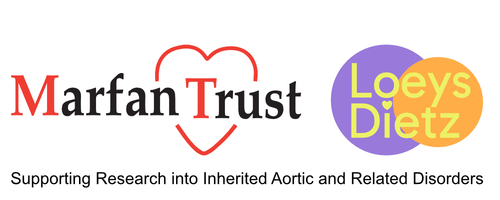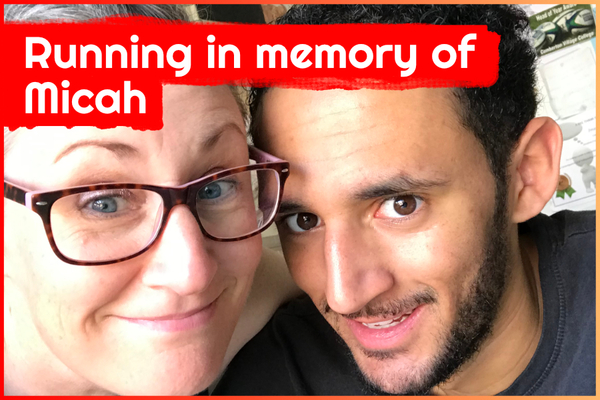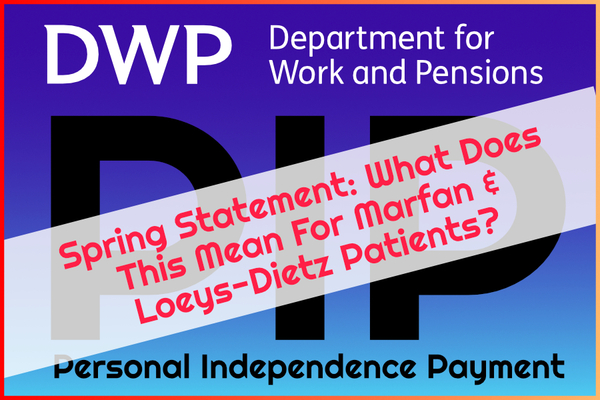Momentous news for Marfan patients as newly published meta-analysis indicates that ARBs significantly reduce the rate of aortic enlargement with or without beta-blockers.
Collaborative Trials Prove Losartan/Irbesartan Effective in Marfan Syndrome
This week, a landmark publication in the prestigious medical journal ‘The Lancet’ confirmed that a second class of medications named angiotensin receptor blockers (ARBs) halves the rate of growth of aortic aneurysms, and is safe to use in children and adults with Marfan syndrome. A huge task, this statistical analysis of seven randomised trials involved 1442 patients from USA and Canada, UK, France, The Netherlands, Belgium. Spain and Taiwan. All patients who volunteered had no prior aortic root surgery. Fifty-four per cent were female and 75 percent were already on beta-blockers such as atenolol. Overall 83 per cent of genotyped individuals had causative fibrillin-1 gene mutations. All patients obeyed the revised Ghent criteria for diagnosis. Patients were divided randomly into treatment or placebo control groups, in double-blind trials in which neither the patient nor the doctor knew which group the patients had been assigned to until the code was broken when the trial was completed. Treatment was well tolerated.
In this international collaborative effort, all detailed results, including those from the UK AIMS trial were contributed to the University of Oxford to be analysed by Professor Colin Baigent and Dr Alex Pitcher’s clinical trial team.
RESULTS: During a median follow-up of three years in which each patient had annual echocardiogram, taking ARB (losartan or Irbesartan) halved the rate of enlargement of the aortic root size.
In comparing two sub-groups, those on beta-blockers and those on ARBs, the annual change in aortic root diameter was similar in both groups.
CONCLUSION: The effects of ARBS are similar to those of beta-blocker. This provides evidence of a second class of medicines (ARBs) which are effective in delaying aortic root enlargement.
RECOMMENDATION: Patient tolerance of dosage and side-effects should determine which medication is prescribed. Our analyses revealed that the effects of ARBs showed no evidence of heterogeneity (and were therefore likely consistent) irrespective of baseline beta-blocker therapy, and so we expect that the effects of ARB would be additive to any effects of Beta-blockers.
Treatment commenced early in life is expected to delay the need for future aortic surgery, and should be maintained life-long to protect the whole aorta.
For affected children, the UK AIMS trial showed greatest effect of Irbesartan during the rapid growth years, ages 6 – 16 years.
Comments and Questions to Dr Anne Child - [email protected]









